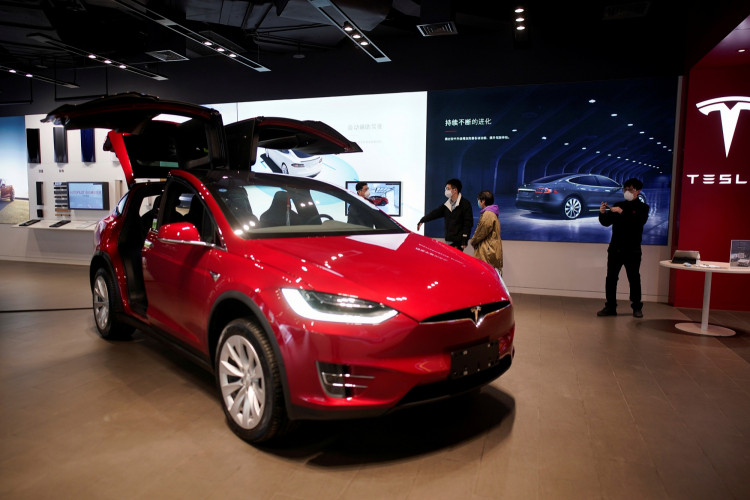US-based electric vehicle manufacturer Tesla managed to hit a new monthly vehicle sales record in China last month despite the wide car market sales slump. The China Passenger Car Association (CPCA) revealed on Thursday that Tesla was able to sell a total of 10,160 electric vehicles in March.
Tesla's car sales in March were a big jump from the 3,900 units it had sold in February and the 2,620 units it sold in January. This was a big achievement for Elon Musk's car company given that the overall car sales in the country were down by more than 40.8 percent.
According to the China Association of Automobile Manufacturers (CAAM), total car sales in China last month only reached 1.08 million units. However, the decline was less than what was recorded in February. CAAM data showed that car sales in China plunged by more than 79 percent during that month, the largest ever monthly decline ever recorded.
Despite the wider slump, Tesla has remained positive of its prospects in the world's largest car market. In March, the company had delivered roughly 30 percent of the total new energy vehicles sold in the country. Experts have pointed out that the increase in new deliveries can be attributed to the company's massive investment over the past few months, which included the establishment of a major manufacturing facility in Shanghai.
Tesla had previously claimed that it will be producing up to 150,000 Model 3 electric sedans annually from its $2 billion Shanghai Gigafactory. This roughly translates to about 3,000 units per week. Similar to other automotive manufacturers in China, Tesla was forced to shut down its plant amid the spread of the coronavirus.
The global pandemic also forced the company to shut down two of its manufacturing facilities in the US, namely its production facility in Fremont and its Giga Solar plant in New York. To offset its losses, Tesla announced that it would be laying off non-critical workers and reducing the salaries of its executives by 30 percent until May.
To bolster its sales in China and other markets, Telsa had implemented several measures to encourage purchases. This included the ramping up of its home delivery services to its existing and new customers.
Tesla also rolled out its contactless test drive program, which involved scheduling visits to potential customers so they can drive their selected vehicle models without having to go out to visit the dealership. This was made possible through the use of Tesla's mobile application, which users can use to avail of the service and to unlock delivered test vehicles.






